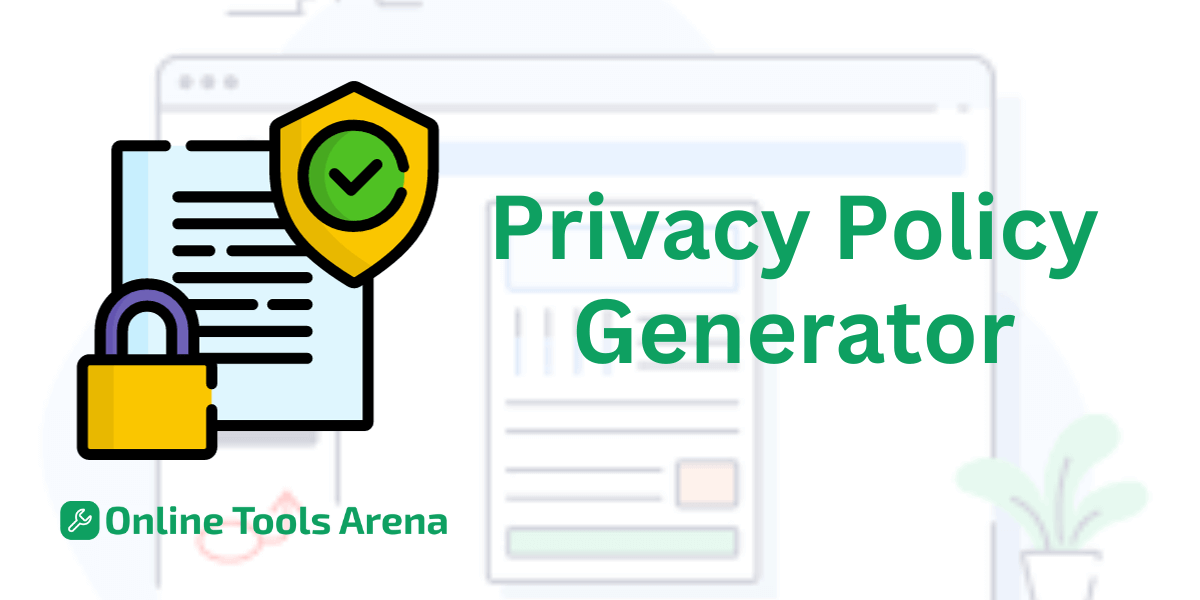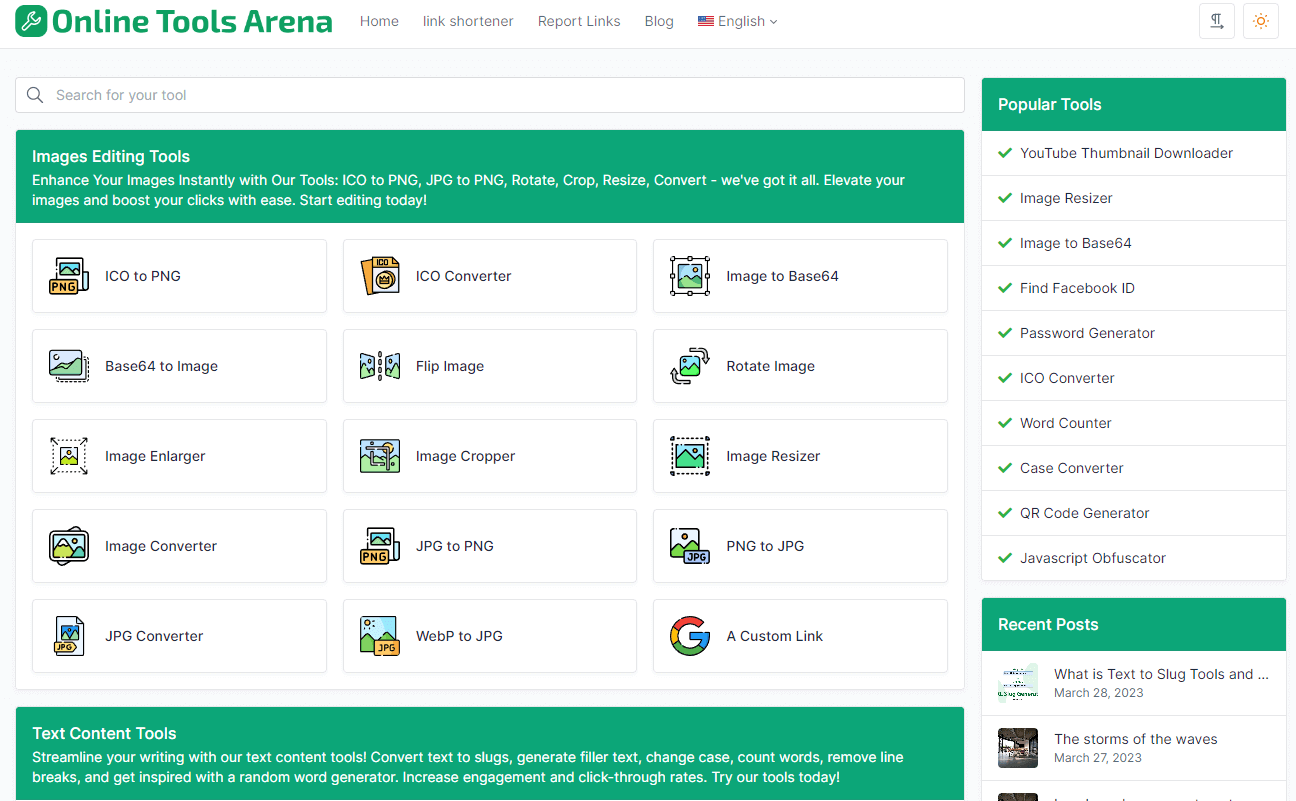
Privacy Policy Generator
Craft Your Privacy Guidelines Quickly
Our privacy policy generator
OnlineToolsArena is a hub for free online converters and tools. Our platform provides a smooth and uninterrupted experience. We assure you that you can quickly and efficiently convert your documents, images, and more. No downloads, no hidden fees—just reliable, fast, and secure conversions at your fingertips. Simplify your digital tasks with our easily operated Privacy Policy Generator. Our Privacy Policy Generator is an online tool that operates in a very user-friendly manner. Every converter in OnlineToolsArena is designed to handle every task accurately and perfectly. Using our converter, you will not waste time downloading any software or dealing with any signup hassle. So feel free to convert and customize your file, documents, images, and more. Fast and secure.
What is the privacy policy?
A Privacy Policy is a legal document that explains how an entity (like website, app, or business) gathers and uses user data while safeguarding it. It acts as a clear channel of communication, enlightening the users about their rights, the type of data being collected and how it will be utilized. In many countries around the world, Privacy Policies are not simply niceties but legal obligations. The importance of privacy policies cannot be overstated. They offer several key benefits, such as:
Legal Compliance: Some laws, like the European Union’s General Data Protection Regulation (GDPR) and the United States’ California Consumer Privacy Act (CCPA), require organizations to have privacy policies.
Trust Building: A good Privacy Policy creates trust among users, making them feel that their data is secure.
Risk Mitigation: A well-stated Privacy Policy minimizes the possibility of legal risks and fines.
Competitive Advantage: Companies with strong Privacy Policies tend to be more appealing to customers who are sensitive to privacy.
How to use our Privacy Policy Generator
The process of using our privacy policy generator is very simple. Here's a step-by-step guide:
Fill in the details: Provide the necessary details of your business, company name, and website URL.
Generate: Click on the ‘Generate’ button to generate your privacy policy
Review and Edit: Review the generated Privacy Policy. Revise this statement as necessary to reflect your practices.
Implement: Make the Privacy Policy available to your users on your website or app.

The Legality of Privacy Policies
Privacy policies are not only a good idea, but in many cases, they are also required. There are serious penalties and legal consequences for breaking these laws. Several legal considerations are as follows:
The GDPR: Any company that handles the data of European citizens is liable under the GDPR, no matter whether the company is headquartered in the EU. The penalties for violation of the GDPR can reach €20 million, or 4% of worldwide turnover annually.
The CCPA: The California-specific regulation applies to companies that gather, handle, or utilize personal information belonging to Californian citizens. Penalties for noncompliance range from $2,500 to $7,500 for each violation.
COPPA: The Children's Online Privacy Protection Act regulates websites targeted at children under the age of thirteen in the United States. There could be severe consequences for breaking the rules.
HIPAA: The Health Insurance Portability and Accountability Act is the name of the law that regulates how the healthcare industry handles sensitive patient information. Penalties for violations might be serious.
It's important to have a privacy policy that meets all legal requirements in order to avoid these kinds of lawsuits.
FAQs
Do I Need a Privacy Policy for My Small Blog or Website?
Correct, you require a privacy policy if your website collects users’ data in any form, may it be email addresses, cookies, or analytics. It's not just for big businesses.
What to Include in a Privacy Policy?
A privacy policy ought to include what data is collected, how it is used, with whom it is shared, and the user's rights. It should also have contact details for any queries.
How often should I amend the privacy policy?
It’s good to review and update your privacy policy at least once a year or more frequently if you’re making operational changes or organizing the collection of sensitive data.











